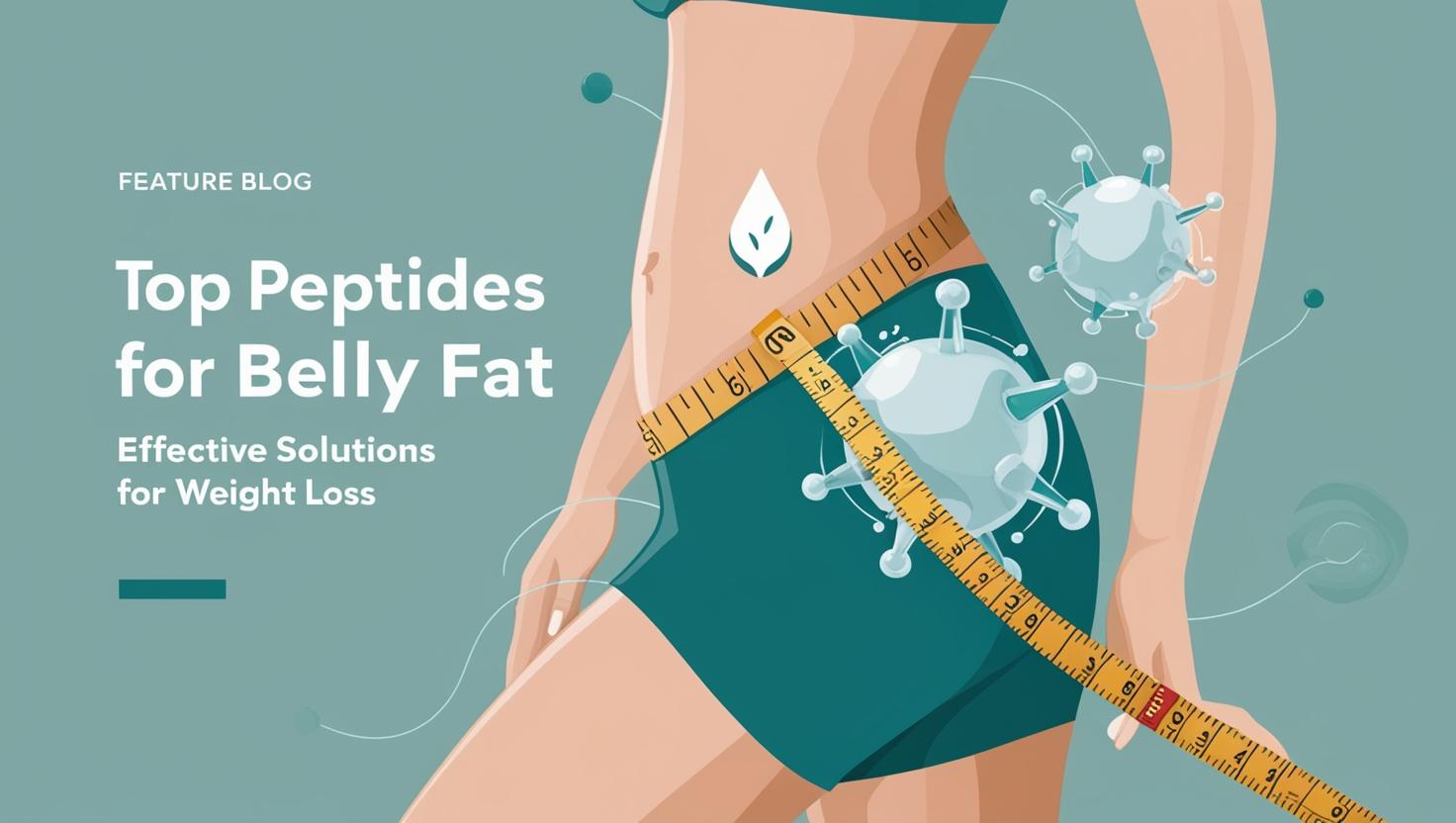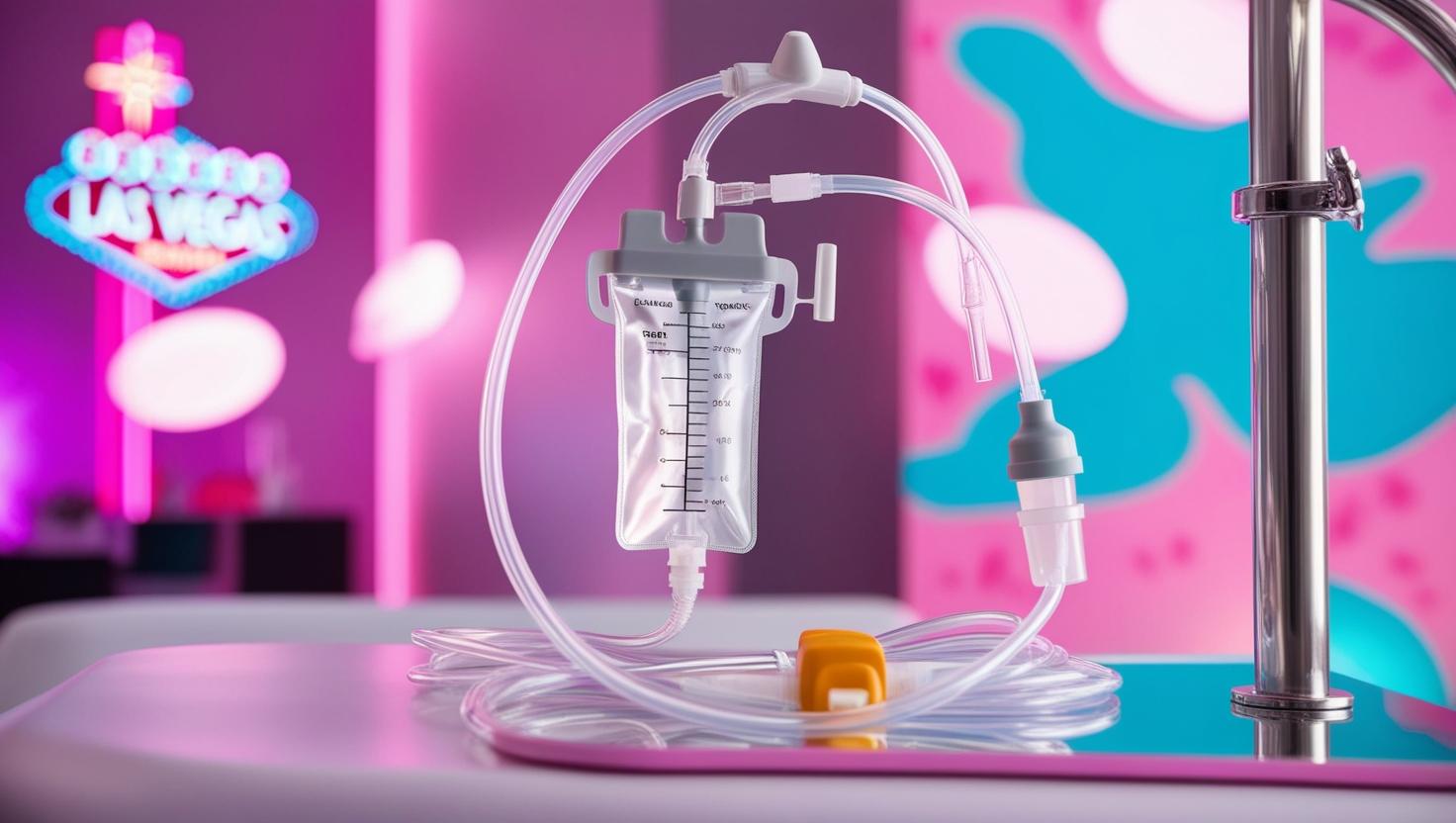Can TRT for women help manage your menopause symptoms?
In this article, we’ll explore testosterone replacement therapy, its benefits, and what menopausal women can expect from it.
Key Takeaways
- Testosterone Replacement Therapy (TRT) is increasingly recognized for its benefits in relieving menopausal symptoms, including low libido, mood disturbances, and fatigue.
- TRT has shown to improve sexual function and overall well-being in menopausal women, with many reporting enhanced mood and energy levels after treatment.
- Personalized treatment plans and thorough medical evaluations are essential for effective TRT, ensuring that individual health needs and symptoms are adequately addressed.
Understanding Testosterone Replacement Therapy (TRT) for Menopause

Testosterone Replacement Therapy (TRT) is a medical treatment designed to supplement testosterone levels in individuals experiencing deficiencies. While often associated with men, TRT is increasingly recognized for its benefits to perimenopausal and menopausal women. Restoring testosterone levels through TRT can address a variety of symptoms related to low testosterone, providing a personalized approach to hormone replacement therapy.
Understanding what TRT is, how it works in women, and the various forms it can take is essential.
What is TRT?
TRT, or Testosterone Replacement Therapy, is primarily aimed at restoring testosterone levels in individuals with deficiencies due to age or other factors. This therapy involves the administration of testosterone to balance hormone levels and alleviate symptoms associated with low testosterone. For women, TRT aims to restore testosterone levels to improve various health aspects, including sexual function, mood, and energy levels.
In terms of administration, TRT can be delivered through various forms such as testosterone pellets, gels, creams, and injections. Each method has its own set of benefits and considerations. For instance, testosterone pellets are known for their ability to slowly release testosterone over time, providing a steady and consistent dose.
The variety in treatment options allows for personalized testosterone supplementation tailored to individual needs.
How TRT Works in Women
Testosterone plays a crucial role in women’s health, influencing sexual arousal, libido, bone health, and cognitive function. For perimenopausal and menopausal women, declining testosterone levels can lead to a range of symptoms, including decreased sexual desire, fatigue, and mood swings. Testosterone therapy aims to counteract these effects by supplementing the body’s testosterone levels, thereby improving overall well-being.
Women undergoing TRT often report significant improvements in mental stamina, concentration, and physical energy. Emotional stability and increased motivation are also commonly cited benefits. Addressing these symptoms, TRT can significantly enhance the quality of life for menopausal women.
Forms of TRT
Testosterone treatments for women come in various forms, each designed to meet different needs and preferences. Gels and creams are popular options, applied directly to the skin for easy absorption. These forms allow for daily administration and can be easily adjusted based on individual requirements.
For those seeking longer-lasting effects, testosterone can also be administered through injections and testosterone pellets. These methods provide a more consistent release of the hormone, reducing the need for frequent applications. Body Balance Medical, for example, offers low-dose testosterone pellets that dissolve slowly, ensuring a steady supply of testosterone.
Such variety in administration methods enables tailored testosterone treatment plans for each woman’s specific needs.
Benefits of TRT for Menopausal Women

Testosterone Replacement Therapy (TRT) offers numerous benefits for menopausal women, addressing the symptoms of hormonal changes during this stage of life. From improved sexual function to enhanced mood and energy levels, and increased muscle mass and bone density, TRT can significantly enhance the quality of life.
These benefits can be explored in more detail.
Improved Sexual Function
One of the most compelling benefits of testosterone replacement therapy for menopausal women is its ability to improve sexual function. Low testosterone levels are often linked to hypoactive sexual desire disorder, which can lead to reduced libido and sexual satisfaction. TRT addresses this by restoring testosterone levels, thereby enhancing sexual desire and overall sexual function.
Many women have reported significant improvements in their sex drive and the ability to achieve orgasm after starting TRT. For instance, Sandra, a 28-year-old woman, experienced a considerable boost in her libido and better sleep quality after undergoing TRT.
These testimonials highlight the potential of testosterone therapy to revitalize sexual health and intimacy, making it a valuable option for those struggling with low sexual desire during menopause.
Enhanced Mood and Energy Levels
Beyond sexual function, TRT has been shown to significantly enhance mood and energy levels in menopausal women. The hormonal changes during menopause can lead to depressive symptoms, fatigue, and mood swings. Testosterone therapy helps counteract these effects, leading to improved mental clarity, motivation, and overall well-being.
Women like Sandra have shared their experiences of feeling revitalized and more energetic after starting TRT. This boost in energy levels not only improves daily functioning but also enhances relationships and overall quality of life.
Addressing these common menopausal symptoms, TRT can boost women’s confidence and physical activity, improving their mental and emotional health.
Increased Muscle Mass and Bone Density
Another significant benefit of TRT for menopausal women is its positive impact on muscle mass and bone density. As women age, they often experience a decline in muscle strength and bone health, leading to an increased risk of fractures and osteoporosis. Testosterone plays a crucial role in maintaining these aspects of physical health.
TRT can help counteract age-related muscle loss and bone density decline, contributing to greater muscle strength and improved bone health. Women undergoing testosterone therapy often report increased muscle mass and enhanced physical strength, making it a valuable treatment option for maintaining overall physical health during menopause.
Assessing Your Need for TRT
Determining whether TRT is right for you involves a thorough assessment of your symptoms and overall health. This process includes identifying common symptoms of low testosterone, undergoing a medical evaluation, and developing a personalized treatment plan.
These steps can be explored in more detail.
Symptoms of Low Testosterone in Women
Common indicators of low testosterone in women include fatigue, low energy, and irregular menstrual cycles. These symptoms can be easily overlooked or attributed to other conditions, making it challenging to diagnose low testosterone levels accurately.
Additional symptoms such as vaginal dryness, mood fluctuations, and decreased libido can also point to low testosterone levels. However, healthcare providers often hesitate to diagnose low testosterone due to the overlap of its symptoms with other conditions.
Women like Sandra initially struggled with a lack of awareness about how testosterone could benefit them, highlighting the importance of proper diagnosis and understanding of hormonal imbalances.
Medical Evaluation Process
Before starting testosterone therapy, a comprehensive medical evaluation is essential. This includes checking that the patient is well oestrogenised and has no vasomotor symptoms. The evaluation process typically begins with a detailed health history and physical examination to identify any underlying conditions that might affect treatment.
Blood tests are conducted to determine androgen levels and evaluate the need for TRT. At Body Balance Medical, consultations are thorough and personalized, ensuring each patient’s unique health needs are addressed.
A reproductive health doctor plays a crucial role in identifying or ruling out underlying conditions and adjusting treatment plans accordingly.
Personalized Treatment Plans
Personalized treatment plans are critical for effectively addressing low testosterone in women. At Body Balance Medical, the skilled team provides customized hormone therapy solutions tailored to individual needs. This approach ensures that each woman receives the most appropriate and effective treatment for her specific symptoms and health goals.
Prospective patients are encouraged to schedule consultations to develop personalized treatment plans. By tailoring treatments to individual needs, Body Balance Medical enhances the success and effectiveness of TRT, helping women achieve their desired health outcomes.
Safety and Side Effects of TRT
While TRT offers numerous benefits, it’s essential to understand the potential risks and side effects. Regular monitoring and proper management can help mitigate these risks, ensuring the safe use of TRT.
Managing side effects effectively is crucial.
Managing Side Effects
Managing side effects is crucial for the success of testosterone replacement therapy in menopausal women. Regular monitoring of hormone levels is recommended to manage side effects effectively and ensure the treatment is working as intended. Some women may experience initial side effects such as mood swings and acne, which can often be managed through dosage adjustments.
A thorough medical assessment, including a physical examination and review of medical history, is essential to identify any potential risks before starting TRT. By working closely with healthcare providers and adjusting treatment plans as needed, women can successfully manage side effects and achieve optimal results from testosterone therapy.
Alternatives to TRT for Menopausal Symptoms

For those who prefer not to undergo TRT, various alternatives can help manage menopausal symptoms. These include hormone replacement therapy, lifestyle changes, and non-hormonal medications.
These options are outlined in more detail below.
Hormone Replacement Therapy (HRT)
Unlike testosterone replacement therapy, hormone replacement therapy (HRT) is specifically designed to replace hormones lost during menopause. HRT is effective in alleviating common menopause symptoms such as hot flushes, sleep disturbances, and vaginal dryness.
However, HRT may carry risks for certain individuals, such as an increased risk of blood clots and breast cancer. It is essential to consult with a healthcare provider to determine the most appropriate treatment option based on individual health needs and risks.
Lifestyle Changes
Making appropriate lifestyle changes can significantly alleviate menopausal symptoms. Stress reduction techniques, such as mindfulness and yoga, can help reduce the frequency of hot flashes. Additionally, avoiding triggers like caffeine and spicy foods can further decrease symptom severity.
Incorporating a balanced diet and regular exercise can also have a positive impact on managing menopausal symptoms. These lifestyle adjustments not only improve physical health but also enhance overall well-being and self-image, making them valuable alternatives or complements to hormone therapy.
Non-Hormonal Medications
Non-hormonal medications offer another option for those who prefer to avoid hormone therapy during menopause. These medications can help manage various symptoms without the use of hormones.
Common non-hormonal medications include selective serotonin reuptake inhibitors (SSRIs) and gabapentin, which are often used to relieve hot flashes and mood swings. Consulting with a healthcare provider is crucial to determine the best non-hormonal treatment options tailored to individual needs.
Visit Body Balance Medical
If you’re considering Testosterone Replacement Therapy, Body Balance Medical in Las Vegas, Nevada, offers specialized expertise and personalized treatments to meet your unique needs.
Here’s why Body Balance Medical is an excellent choice for TRT and how you can schedule your consultation.
Why Choose Body Balance Medical
Body Balance Medical is an anti-aging clinic and medspa specializing in testosterone replacement therapy — including for menopausal women. The clinic offers low-dose testosterone treatments, including slow-dissolving pellets, to ensure a steady and consistent release of the hormone.
The skilled team at Body Balance Medical is dedicated to providing personalized healthcare solutions tailored to individual needs, enhancing the effectiveness of TRT.
Choosing Body Balance Medical means benefiting from their expertise in hormone therapy and their commitment to patient-centered care. Their approach ensures that each woman receives the most appropriate and effective treatment for her specific symptoms and health goals.
Scheduling Your Consultation
Scheduling a consultation at Body Balance Medical is the crucial first step in addressing menopause-related symptoms. The clinic operates Monday to Friday from 9 AM to 6 PM, making it convenient to book an appointment during the workweek.
By consulting with the professionals at Body Balance Medical, you can take proactive steps towards improved sexual health and overall well-being during menopause.
Summary
In summary, Testosterone Replacement Therapy (TRT) offers a promising solution for menopausal women struggling with low libido, mood swings, and energy loss. By restoring testosterone levels, TRT can significantly enhance sexual function, mood, and overall well-being. If you’re experiencing menopausal symptoms and seeking effective treatment, consider consulting with the experts at Body Balance Medical in Las Vegas, Nevada. Take the first step towards reclaiming your health and vitality today.
Frequently Asked Questions
What is Testosterone Replacement Therapy (TRT)?
Testosterone Replacement Therapy (TRT) is a medical treatment designed to restore testosterone levels in individuals experiencing deficiencies, which may include perimenopausal and menopausal women. It is essential for addressing hormone imbalances that can affect overall health and well-being.
How does TRT improve sexual function in menopausal women?
TRT improves sexual function in menopausal women by restoring testosterone levels, which alleviates symptoms like low libido and sexual dysfunction. This restoration leads to enhanced sexual function and satisfaction.
What are the common symptoms of low testosterone in women?
Low testosterone in women commonly presents as fatigue, low energy, irregular menstrual cycles, vaginal dryness, mood fluctuations, and decreased libido. These symptoms can significantly impact overall well-being and should be addressed with a healthcare professional.
Are there any side effects associated with TRT?
Yes, testosterone replacement therapy (TRT) can lead to side effects such as mood swings and acne in some women, although these effects can typically be managed with proper monitoring and dosage adjustments.
How can I schedule a consultation for TRT?
To schedule a consultation for TRT, you can either visit the Body Balance Medical website or call their office directly for assistance. This ensures you receive a personalized treatment plan that meets your specific needs.






